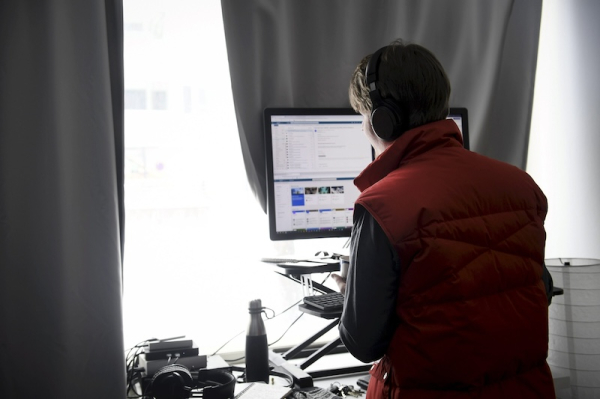Dissatisfied with the office? Hybrid workers opt for remote work instead

Remote work. LEHTIKUVA
- Previous Article Finland to end national pension payments abroad in 2025
- Next Article HS: Finnair warns of possible further cancellations due to supplementary industrial action
A new study by the Finnish Institute of Occupational Health shows that dissatisfaction with office conditions in the hybrid work era leads employees to opt for remote work. The primary complaints remain unchanged: a lack of peaceful working conditions and poor usability of the office premises. However, the consequences are different now, as workers have the option to stay home if their needs are not met.
The research examined the relationship between remote work, the experience of the office environment, well-being at work, and sickness absences across different office settings. The findings reveal that employees who rate their office space poorly are more likely to work remotely and desire to increase the amount of remote work they do. Conversely, positive experiences with office facilities are linked to higher levels of well-being at work.
Chief Researcher Annu Haapakangas highlighted that the ability to focus without distractions is critical for drawing people back to the office. Even when offices are designed to encourage collaboration, they must still provide spaces that allow for concentration. If these conditions are not met, workers may choose to remain at home.
In the context of hybrid work, office design must accommodate various employee needs. Senior Specialist Suvi Hirvonen explained that organizations need to integrate the design of office spaces into their hybrid work strategies. Offices should support a diverse range of tasks and be easy to navigate for those who use them infrequently.
To help organizations improve their workspaces, the HERO project has published a development roadmap, Toimistotilat hybridityömallissa (Office Premises in a Hybrid Work Model). This roadmap offers guidance for management, HR, designers, and occupational health professionals on creating effective office environments that meet the needs of hybrid workers.
The study also found a link between peaceful working conditions and fewer short-term sickness absences. Employees who reported quieter office environments took fewer one-to-three-day self-reported sick leaves. Haapakangas noted that this aligns with previous research on the negative impact of stress in open-plan offices. Even with less time spent in the workplace due to hybrid work, office conditions continue to influence sickness absences.
Additionally, the study monitored the impact of the COVID-19 pandemic on remote work and sickness absences. Despite the widespread adoption of remote work, the rate of short-term absences has remained low, consistent with pre-pandemic levels. This indicates that remote work does not increase brief sick leaves.
The findings underscore the importance of addressing office-related issues to create environments that support both focus and collaboration. In the era of hybrid work, ensuring employee satisfaction with office conditions is essential to encourage in-person attendance and maintain workplace well-being.
HT
- Previous Article Finland to end national pension payments abroad in 2025
- Next Article HS: Finnair warns of possible further cancellations due to supplementary industrial action
Source: www.helsinkitimes.fi
